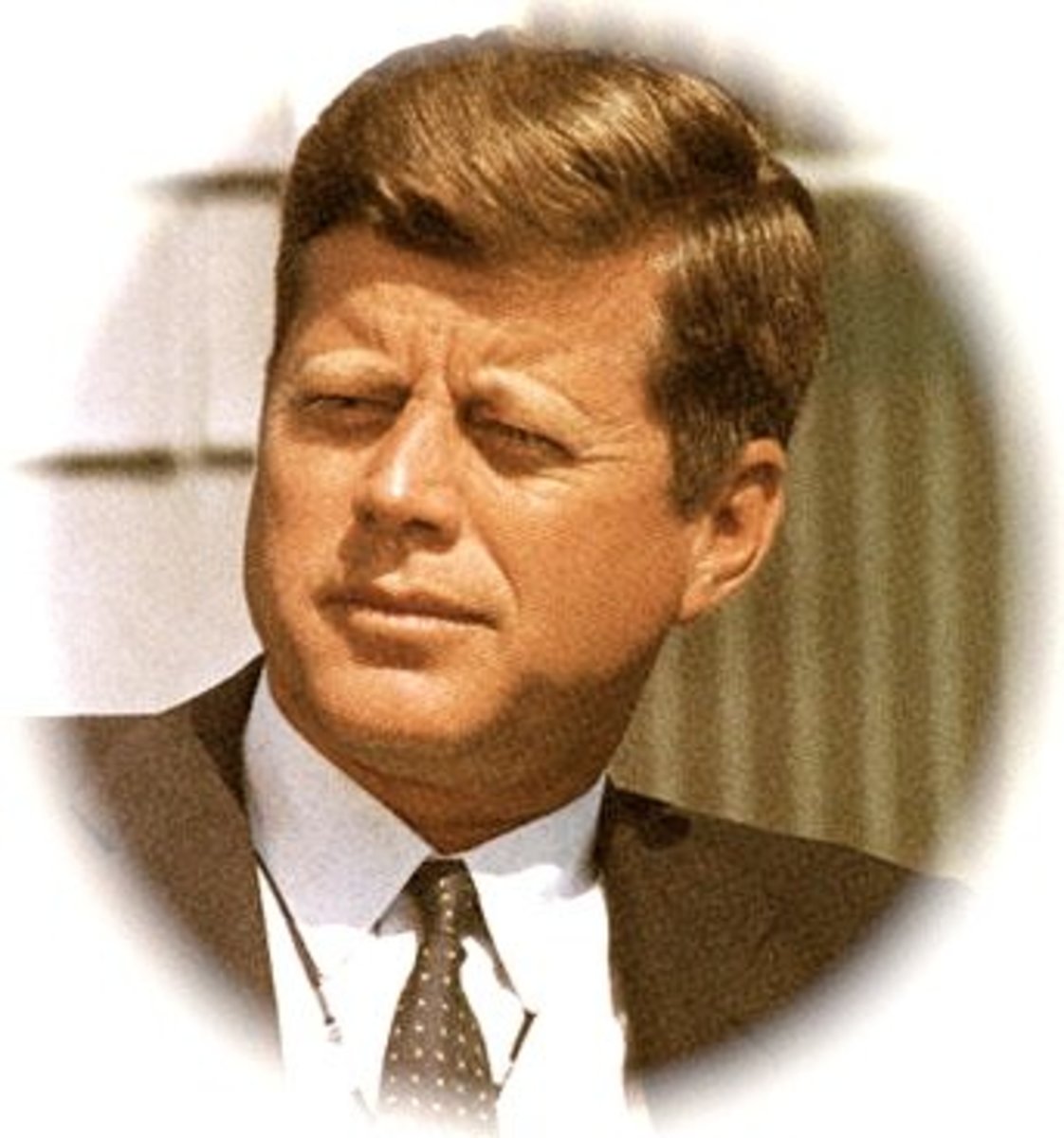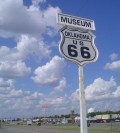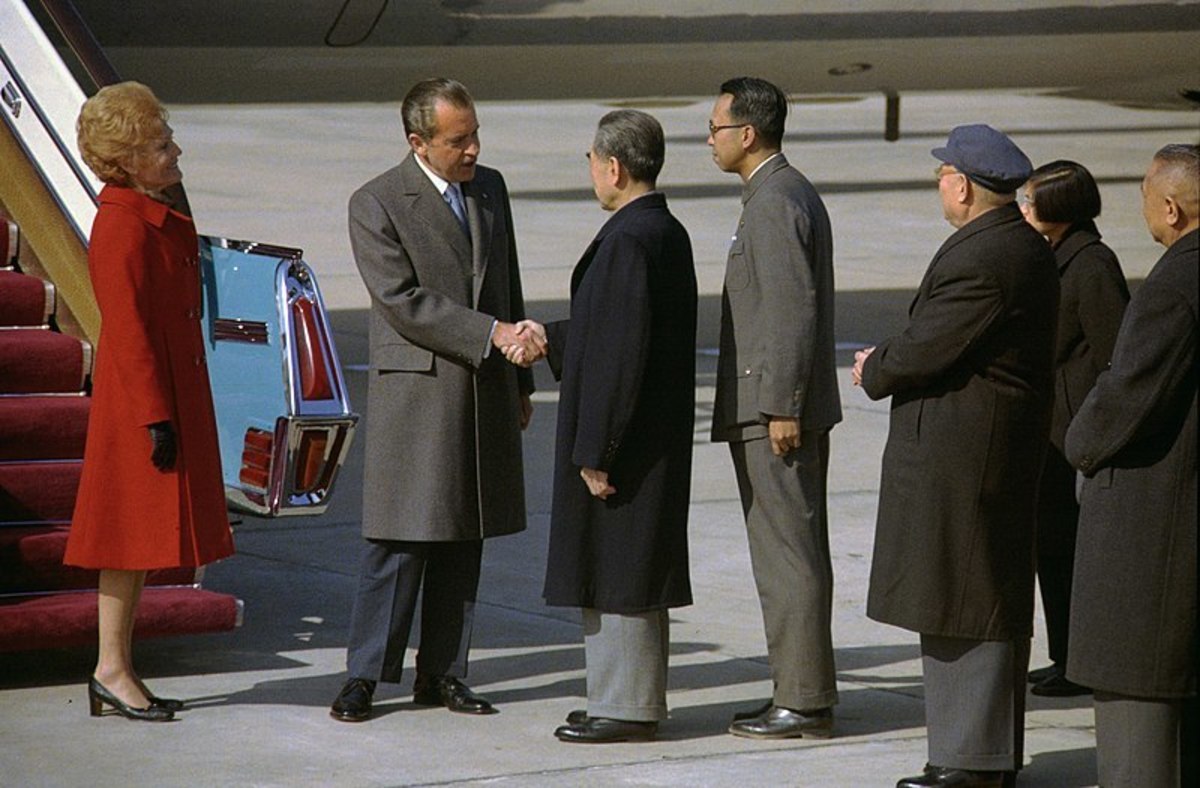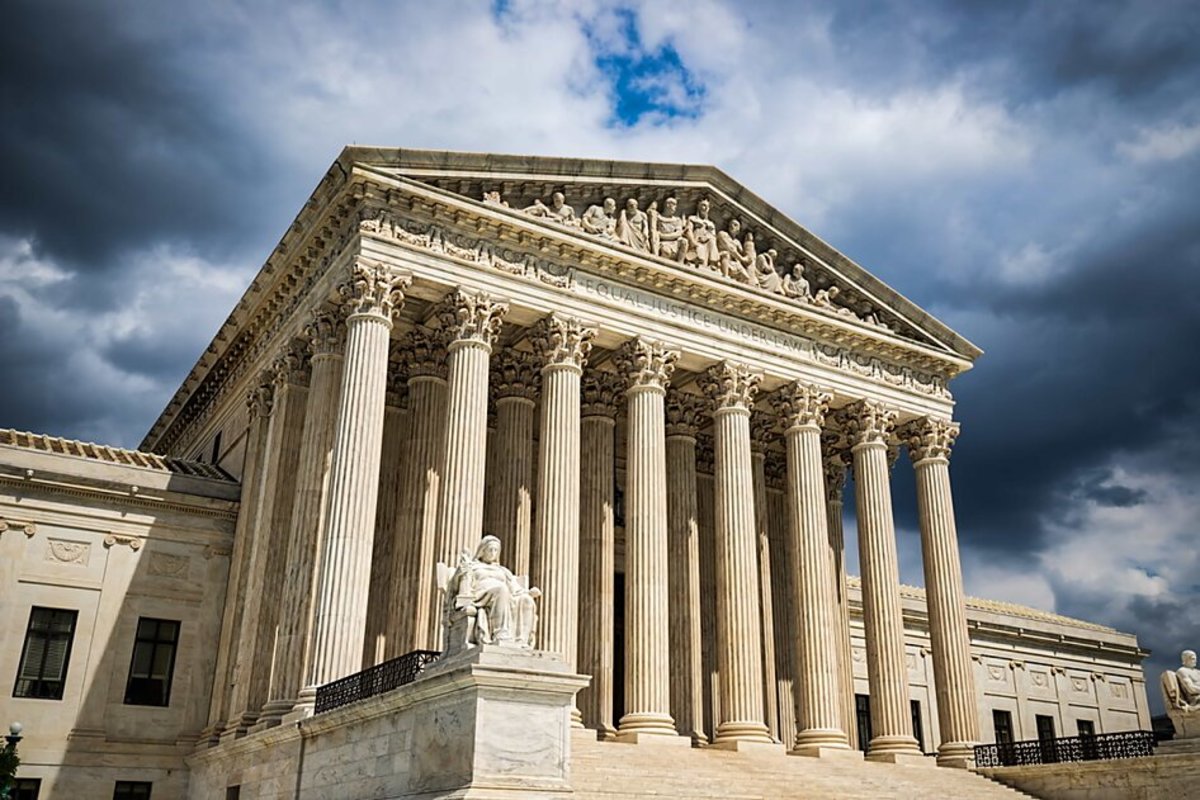How to Avoid Negative Change and "Business Gone Crazy" In the 21st Century
Frintz Lang's "Metropolis"
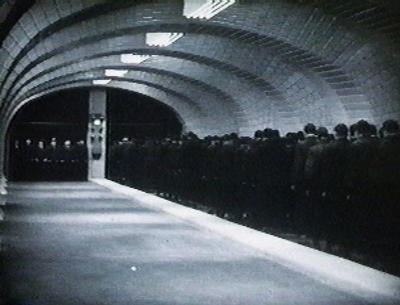
My Design
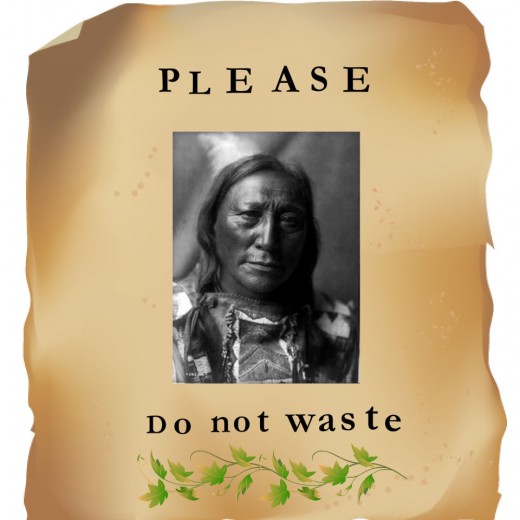
Business Gone Wild
The 2010s: Change you did not expect, but which was predicted 100 years ago.
The Metamorphosis by Franz Kafka (1915): Implications for the 21st Century
This book has been a favorite for 15 years, because its story is a cautionary tale that we can use to create healthy business practices, instead of the desolate inhumanity predicted for the Industrialized West from the vantage point of 1915 and World War I. It also contains science fiction elements that are startling.
The 2008 US Presidential Election featured a Democratic Party campaign based on the keynote of Change for the future. Ever-changing since its foundation, the United States continued to change and to develop or decay – sometimes alternately - in various aspects of its existence. This included economies, government, and private business.
The lanterns in the window that alerted Paul Revere to his message by night changed into Compact Fluorescent Light Bulbs. Political parties changed platforms and names. Immigration increasingly changed the makeup of the national population across an intervening 200+ years. The Spanish American War, the War of 1812, and American Civil War indicated and/or casued at least social, political, and economic changes in the 19th Century. America survived The Great Depression and the Dust Bowl Years of the early 20th Century, emerged with the New Deal, and survived WWII mid-century, along with the Cold War, witch hunts, and UFOs. Business attached itself to all of these, including a major fruit company and its bananas during the Cold War. UFO speculation and history are big business today, besides interesting and useful to “sci-fi to scientific” development. The years 1970 – 2000 saw their share of recessions, booms, debate, protest, and change, while the new media explosion became big business.
Native Americans were disenfranchised from the start of the New Nation, but their culture of respect for nature was adopted by Earth Day, the Green Movement, and Sustainability. Green businesses began to emerge that produced high-quality goods and services. Other businesses tried to latch on to the Green movement – for instance, I could buy a reusable shopping bag with a contest design I created on the front for “only about $20.00.” At the grocery store, the same bag without the design is 99¢. I don't think requiring a per-unit price of $20 is good business when I could make my own for much less. Perhaps this is an example of Kafka's predictions.

Change


Good vs. Evil, Again
There is good business and bad business and bad business takes unfair advantage of consumers or employees, front line supervisors, middle management, links in the supply chain like farmers, or all of them. This is some of Kafka's concern in The Metamorphosis. His eample in the novella is the Textiles Industry and a good example of this today is the film Norma Rae with Sally Field.
A number of honest businesses that provide high quality goods and services operate in America and treat employees well, while sustainable and green businesses have emerged to add additional good. Kafka, however, seems to warn that commerical business as a construct in itself may be bad and its problems without remedy - particularly in wholesale and retail sales. Moving forward -
Civil Rights brought about some positive changes in the 20thCentury, but also sparked violence. Minorities of all sorts became more empowered, with more money to spend in America and even to send home to other countries. Religious choices grew into a longer menu than currently-listed Baskin Robbins' ice cream flavors. The number of recognized genders increased as well, and with each new official recognition came a new chance for political and commercial advance on a new targeted market, as well as for their own empowerment and income.
The covered wagon transmogrified into the space shuttle and government space travel began to become privatized – like some Texas prisons. Lower-wage earners became eligible for mortgages. Wall Street’s cup flowed over several times. Automobile loans for cars that wear out rather quickly compared to yesteryear became as large as the mortgages of those years past (remember Archie and Edith Bunker sinfing about the days of Herbert Hoover and cars that ran great?). Business changed exponentially in the 20th Century forward and backward, until the 2008-2009 Recession.
Some things remained the same: -- Sex always sold, whether it was 18th century carnival venues, dime novels, automobile commercials, adult book stores, plastic surgery and cosmetics, Playboy, or Girls Gone Wild. In the Recession of the late 2000s there was business gone crazy, and it wasn't selling.

Related Films and Books
Unexpected Change
Families changed and fragmented, creating a vast wash of more-isolated singles with their own needs, sometimes unmet. The older section of this group was not very useful to merchants, often ignoring advertising and themselves ignored by everybody else; but the younger people were still sell-able. The homeless were not useful, having no disposable income. Some folks even criticized them for accepting donated cell phones.
Business changed and perhaps not for the best - needing government aid from Stimulus Packages, the American Recovery and Reinvestment Act of 2009, and other funds from 4th Qtr 2008 - 2nd Qtr, 2009, to last through 2011. Stressed workers at all levels became more highly stressed, unemployed work seekers. Automobile operations accepted aide but some went on hiatus and/or discontinued product lines (i.e., Pontiac and Saturn). Workers lost their homes, food banks ran out of food from lack of goods and donor fatigue, but some states held several years of corn in silos untouched... Could Capitalism be salvaged or was Kafka correct in his predictions of 1915?
Capitalism came under scrutiny in a Capitalist country, escalating from a noticeable spike within the Beat Generation around WWII and the anti-war protests of the 1960s - 1970s. In 2009, outsized CEO salary/bonus packages came under criticism as their companies accepted federal aid. Tax brackets and tax loads came under closer scrutiny, a National Sales tax was proposed on the street, and American Tea Parties (TEA) protested a number of financial issues as well as several that were not clear.
While old-tech companies laid off workers and closed, green-techcompanies opened and began replacing lost jobs. ARRA provided large allocations to the US States for Employment & Training (much for new green-tech employment) and several other categories to focus on new jobs, education, infrastructure, childcare, healthcare services, and others.
Good business can flourish under Capitalism. Kafka warned of problems that can ensue in business - especially bad business - when Industrialism results in excessive worker stress and workaholism at all levels of employment and ownership. Kafka may have felt these problems insoluble, but I don't think that such is the case. However, bad business practices can be eliminated when revealed.
I overheard two carpet store managers in a fast food shop in a loud discussion in which they agreed. While they called Presidents G.W. Bush & Obama and the Auto Industry belittling names for "wasting taxpayer’s money", they proudly discussed how they fooled their own customers into believing prices were discounted. They did this 1) by producing signs with several markdowns after increasing the usual retail price 400+% and 2) by creating falsified wholesale invoices to show customers if they were questioned. They did not seem to see any discrepancy or lack of integrity in their name-calling and their sales practices. This fits in with the story of business in The Metamorphosis.
The Metamorphosis is Change brought by Business Gone Awry.
Franz Kafka provides a morality play. He insists that Capitalism is programmed with dangerous inevitable changes that the West needs to attend. In some cases, societies even need to prevent change in order save lives. Otherwise, loneliness, horror, and death result. This was in 1915, a year we consider backward.
A future book agrees with Kafka to an extent. The Jungle by Upton Sinclair is an powerful example of the horrors of unregulated child labor. Sinclair called for reform. A more recent offering, Fast Food Nation by Eric Schlosser, shows what types of horrors can still occur, despite regulation and enforcement of employment laws. Again, reform could be more widespread in some business fields. Barbara Ehrenreich's books Nickel and Dimed and Bait and Swtich illustrate modern hardships among the working and middle classes and white-collar workers, either working or out of work and job hunting. Reforms may be needed, but with the addition of self improvement afforded by "worker beware" and job seeker beware."
The Women's Movement
Kafka gives a feminist prophecy that women can, and will, take the place of some men in the workforce and among business leadership in the 20th century. He was writing in 1915, but his prophecy was fulfilled in World War II and a bit before that. For a positive example, see the article An Exceptional Father from a recent HubPages Hub Mob.
During WWII, women went to work in the factories, and in the military to deliver aircraft, work as nurses, etc.; while men went to war. When the men returned, many women did not go back home. They stayed in the workforce and the world of business changed, but not quickly -- As late as the 1970s, books and pamphlets were circulated to front line supervisors in all fields, eith titles like “How to Work With Women” - as if they were aliens from other countries or other worlds.
Is Bad Change Inevitable?
Metamorphosis as a word indicates a natural change from caterpillar to moth/butterfly. In contrast, Kafka's book describes his idea of the natural change from salesman to insect-monster. The sense given by the writing is that the change cannot be prevented. Specifically, successful business people will become workaholics, will be taken advantage of by others whom they support, and will decline via unavoidable metamorphosis into ugly, useless, depressed creatures that those they once supported will kill. The killers will then go out in search of other support. This is an ugly and frightening prediction.
Kafka sees workaholism as both 1) an inevitable business-related disease and 2) a natural component of Industrialism. In other words, he warns that Capitalism creates monsters and has no choice but to do so.
However, this need not be the case. The knowledge of Kafka's novella can help us to avoid its sad ending.



